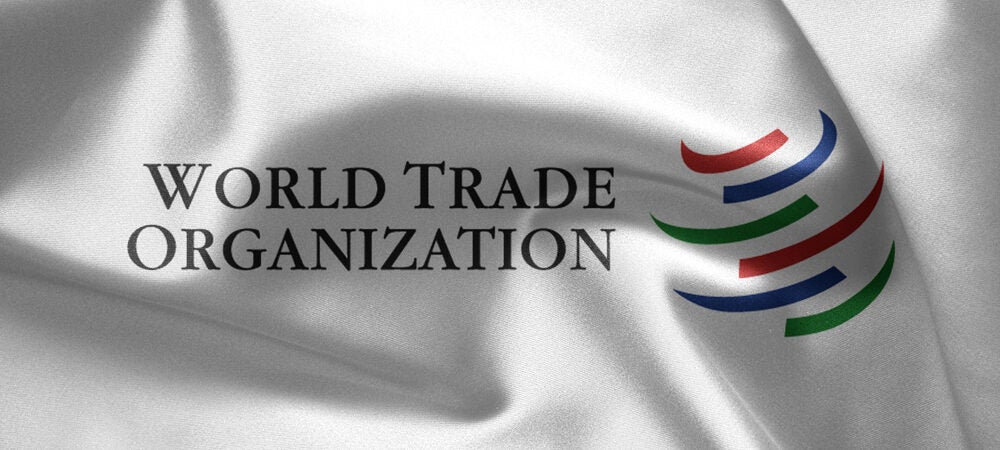The need for current intelligence about trade has been of importance to international commerce for centuries. For nearly two millennia for a large part of the world, a key question for world trade was “Is the Silk Road open and safe?” For Spain, it was of enormous importance to know that the treasure ships from the New World were safely en route to Spain. Lloyds of London became a key source of maritime news in the early 18th century, establishing its own information gathering channels and means of communication. Current information was essential to its functioning.
Intelligence played an essential role in winning World War II. When the war concluded, the allies set about establishing a world trading system. One of the key elements of the new order was transparency. Most of what was needed was relatively basic, requiring the contracting parties to the new General Agreement on Tariffs and Trade (GATT) to publish government measures affecting trade. The requirement was clear and the obligation unambiguous:
No measure of general application taken by any contracting party effecting an advance in a rate of duty or other charge on imports under an established and uniform practice, or imposing a new or more burdensome requirement, restriction or prohibition on imports, or on the transfer of payments therefor, shall be enforced before such measure has been officially published.
The requirement applied in a simpler world. At the end of World War II, much of the world’s productive industrial capacity outside the United States was in smoldering ruins or, in the non-industrialized world, it was still grossly underdeveloped from colonial times. Considering a framework for international trade was in many respects a straightforward matter. Franklin D. Roosevelt and Winston Churchill at Placentia Bay in the summer of 1941 had already set the goal—equal access to markets and equal access to raw materials. There was so much overt protection, discrimination, and trade-distorting conduct that the priority targets for application of the rules of the new multilateral trading system were relatively clear. Trade negotiators knew that they had to progressively eliminate quantitative restrictions and tariffs, eliminate discrimination against imports at the border, imposed through national regulations or implemented through state trading. The spillover effects of more nuanced, more deeply imbedded national policies were of secondary concern.
wp22-6To read the full report from the Peterson Institute for International Economics, please click here.

